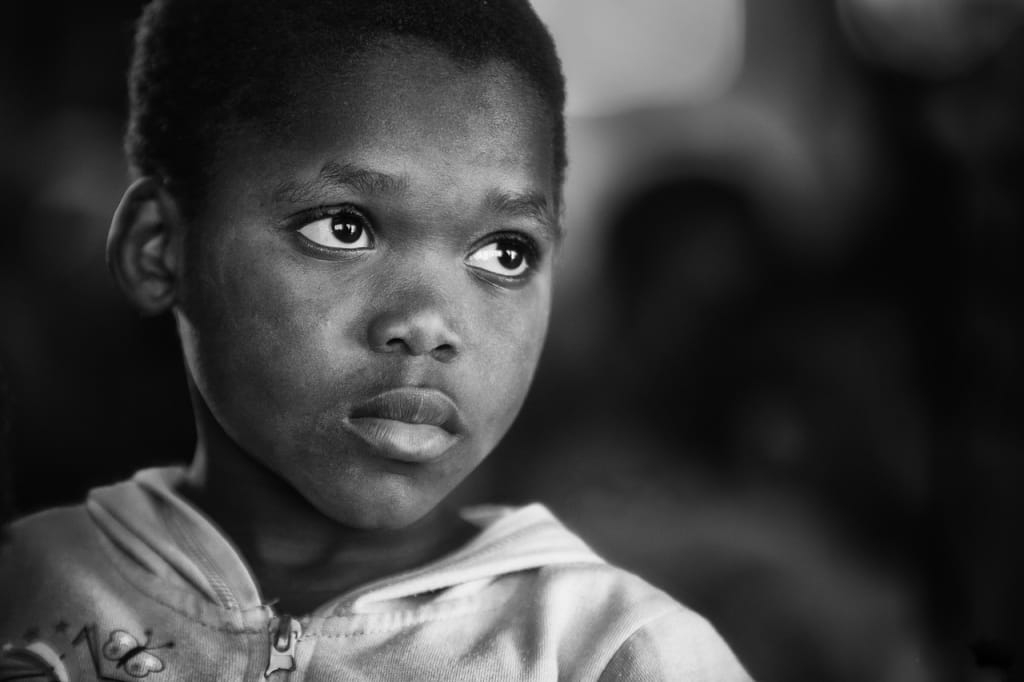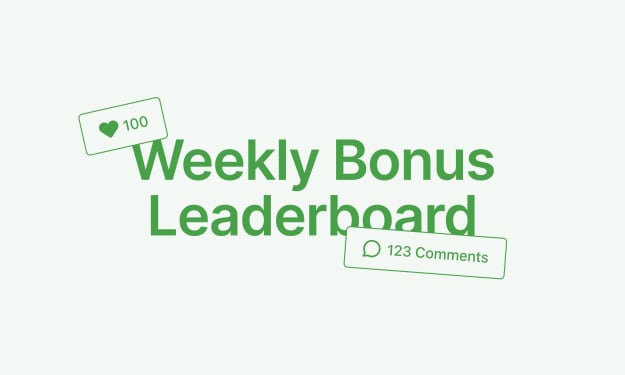
“How can a poet do harm?”
It is summed up in this way, “Double human” by Fabio Izzo. You have to place yourself outside of morality to tell as an author, and accept as a reader, this novel.
The protagonist is an African poet, politically persecuted in his country of origin, Cameroon. In the wake of the steps already taken by Nazim Hikmet (forced to leave Turkey for having denounced the Armenian genocide) he took refuge in Poland, still called Here, to indicate the presence of a magmatic and ancestral There. After asking for political asylum, he lives on a meager subsidy, expedients and some writings that pay him. So far nothing that cannot arouse our pity or, at least, our indifference. Were it not for the fact that this man, whose real name we do not know because he assumed another identity with false documents — and because the name gives too much power to whoever learns it — were it not for the fact that this man, I said, during his stay in the West, has sex with sixteen women, knowingly infecting them with the HIV virus he knows he is suffering from. He will end up convicted of this in a court and die in hospital refusing treatment.
Why he does it, it is not known, perhaps out of spite, in revenge against feeling humiliated, exiled, singled out in a foreign land, only against a racism that contrasts black and white by identifying all the evil in the former. Note the cover of the book, black, with only a glimmer of white and half gray, the main color of the nuance, of the “human double”, of good becoming evil.
“I was perhaps born at night, he mused, if the night is misery, racism, hatred and war… yes…”
The mystery of this man lies in two words: poetry and magic. Can a poet be evil, we wonder? In reality we should ask ourselves how much poetry has to do with ethics or is, perhaps Nietzschean, outside of it.
If using a condom, and notifying your casual partners of being affected by AIDS, corresponds to the regular order of things, keeping silent and infecting them is part of the chaos, as chaotic, irrational, intuitive and explosive is poetry.
The symbol of the irrational is also the trumpet that plays during the Nazi roundup in the beautiful story inserted at the end of the novel, a story which, in our opinion, alone is worth the whole book.
“The cold trumpet heats up and vibrates.
The air around is shaking.
The night always comes unprepared for a sound like this.
And then the second note explodes, the memory of the New Orleans bands that you went to listen to on Sundays after mass explodes.
Miraculously in the eyes of that child the devil changes color: it will never be black again.”
And again:
“That makes you a man because it instills fear in you and your passionate music picks up the pace, goes crazy and wild, crazy and wild.”
The other term to consider is magic. It will be because of magic if the circle, which encloses the plot of this atypical novel, will wrap around itself like an ouroboros. To protect the child protagonist from evil, his father, a modern employee imbued with tribal traditionalisms, takes him to a shaman who cuts him with a rusty razor. It is from there that the disease probably enters the blood of the child. The blood that in Africa “is everything”.
And it will be through the blood/sperm that the poet will infect his victims, causing them and himself the very evil from which the ritual was supposed to preserve him.
The character turns out to be double, divided between what he is, or rather he feels he is, i.e. a poet, and his own actions that make him a monster.
“These people were judging me
Not me.
He.
The result of my actions.”
At the beginning and at the end of the story, his African, incomprehensible and tribal nature is revealed, while throughout the central part he appears black to us only because this is how the author presents him. He rather resembles one of those cursed writers who crowd the bars of so much American fiction, the very same one that the author (again through the mouth of his protagonist) says he doesn’t love.
“Double human” is not an easy or pleasant book, it is a strident work which, to be appreciated, needs a reading capable of enucleating its well-crafted structure, not letting oneself be overwhelmed by the poetic (but not lyrical) trend of the style, and by the author’s continuous metanarrative forays.
About the Creator
Patrizia Poli
Patrizia Poli was born in Livorno in 1961. Writer of fiction and blogger, she published seven novels.
Enjoyed the story? Support the Creator.
Subscribe for free to receive all their stories in your feed. You could also pledge your support or give them a one-off tip, letting them know you appreciate their work.






Comments
There are no comments for this story
Be the first to respond and start the conversation.